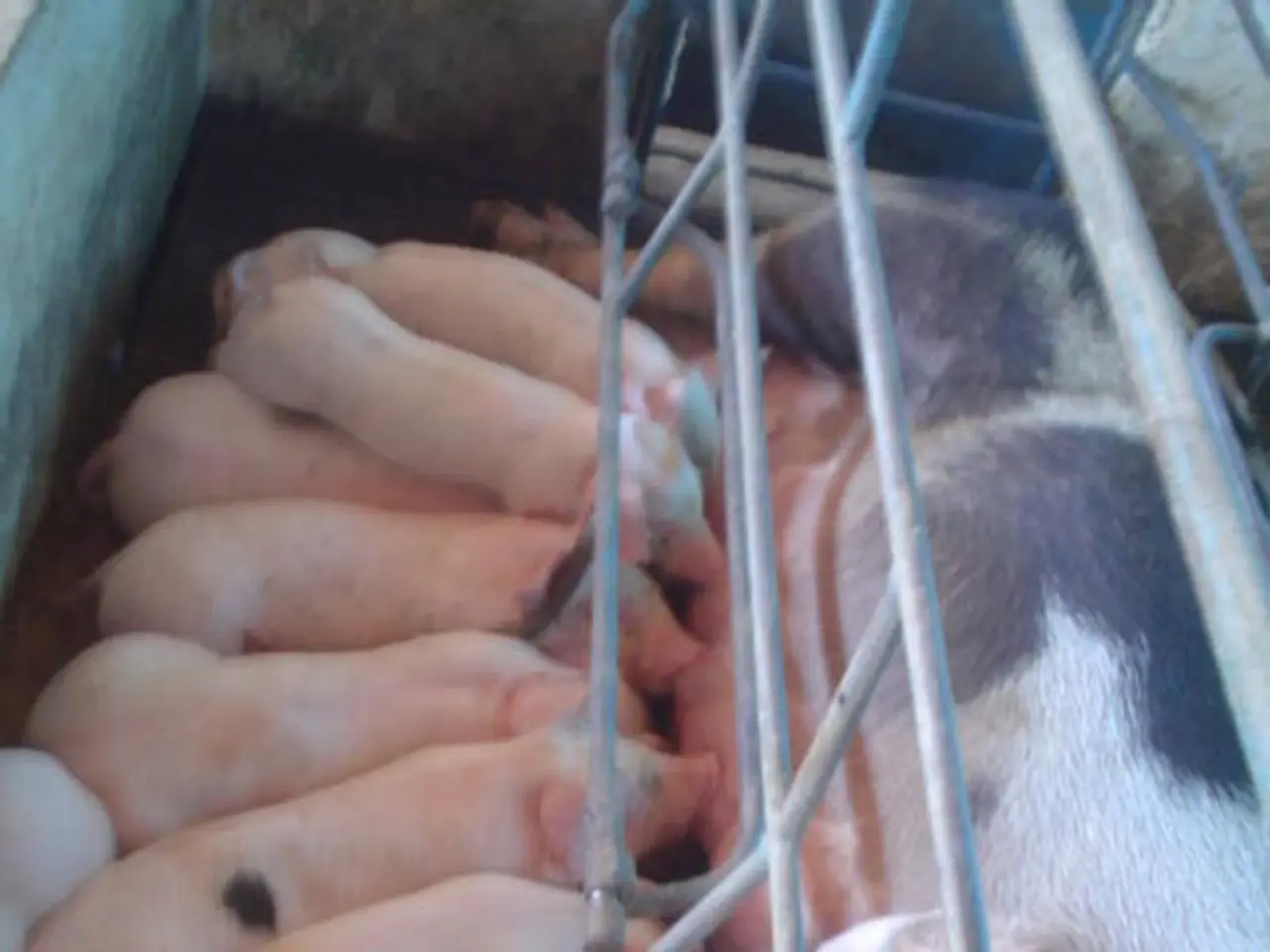Antibiotic usage in pig farming could be triggering drug-resistant bacteria in humans, according to new research.
Global Concerns Rise Over Livestock-Associated MRSA Strain
A rare, antibiotic-resistant strain of Staphylococcus aureus known as MRSA ST398 (also known as CC398) has emerged as a significant global health concern, particularly in agricultural communities. This livestock-associated MRSA strain has been linked to pig and livestock farming, causing both mild illnesses and, in some cases, fatalities.
Global Spread and Human Impact
First identified in the United States in 2008 by American scientist Tara C. Smith, this strain has since been detected in multiple continents, including Europe, Asia, and South America. In Germany, for instance, around 6.35% of MRSA cases in 2022 were attributed to CC398, with 4.2% involving hospital infections. While its hospital infection rate is less frequent compared to other MRSA types, CC398 remains a noteworthy proportion of MRSA cases linked to livestock exposure.
CC398 can cause various illnesses in humans, including skin and wound infections as well as more severe disseminated infections. Its spread human-to-human is currently considered less efficient than other MRSA types, but it remains a public health concern.
Link to Antibiotic Use in Livestock Farming
The emergence and spread of MRSA ST398 are strongly connected to intensive livestock farming practices where antibiotics have been used extensively for growth promotion and disease prevention. Antibiotic use in livestock exerts selective pressure, facilitating the acquisition and maintenance of resistance genes in S. aureus populations in animals, which then evolve into resistant clones like CC398.
Transmission to humans occurs mainly through direct contact with colonized livestock or environmental contamination, underscoring the role of farming-associated antibiotic practices in amplifying this public health threat.
Call for Action
In light of these findings, Smith, who first identified ST398 in the United States, has emphasized the need for industry cooperation to track spillover events of S. aureus from livestock to humans or vice versa. Collaboration between public health and the agricultural and food industry is necessary to ensure safer food products and protect workers.
Smith argues that the U.S. should implement programs to look for resistant bacteria on farms, track their movement, and prevent their spread to humans. Such programs have been proposed for years but have been blocked by animal food production advocates in the U.S.
In the UK, British activists had previously warned that ST398 was likely to migrate from Europe, and European scientists predicted that this new type of MRSA could spread quickly via agriculture. The recent discovery of the MRSA strain in a 6-month-old girl in the Netherlands underscores these concerns. The family of the girl are pig farmers in the southeastern Netherlands.
In Denmark, the number of MRSA infections attributed to ST398 has been on the rise, now accounting for two-fifths of all cases, a rise from a year ago. The link to antibiotic use in livestock farming has been established in several cases, with pig MRSA causing infections in people.
In conclusion, MRSA ST398/CC398 represents a globally emerging livestock-associated strain linked to antibiotic use in farming. Its impact on human health mainly affects agricultural communities but also contributes to MRSA cases in hospitals, emphasizing the need for prudent antibiotic stewardship in animal agriculture to mitigate its spread and resistance development.
- The emergence and global spread of the livestock-associated MRSA strain, CC398, has been linked to environmentally harmful practices in intensive livestock farming, such as the excessive use of antibiotics.
- Despite less efficient human-to-human transmission compared to other MRSA types, CC398 can cause various medical conditions, including skin and wound infections, as well as more severe disseminated infections, posing a significant environmental-science and health-and-wellness concern.
- Scientists and activists worldwide are advocating for the collaboration of public health organizations and the agricultural and food industry to track the spread of resistant bacteria in farms and develop measures to prevent the transmission to humans.
- The health of various species, including humans, is at risk as the resistant strain continues to spread across continents, underscoring the urgent need for environmental-science research and a renewed commitment to prudent antibiotic use in farming to combat the global spread of this public health threat.




